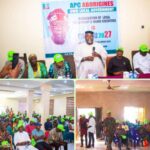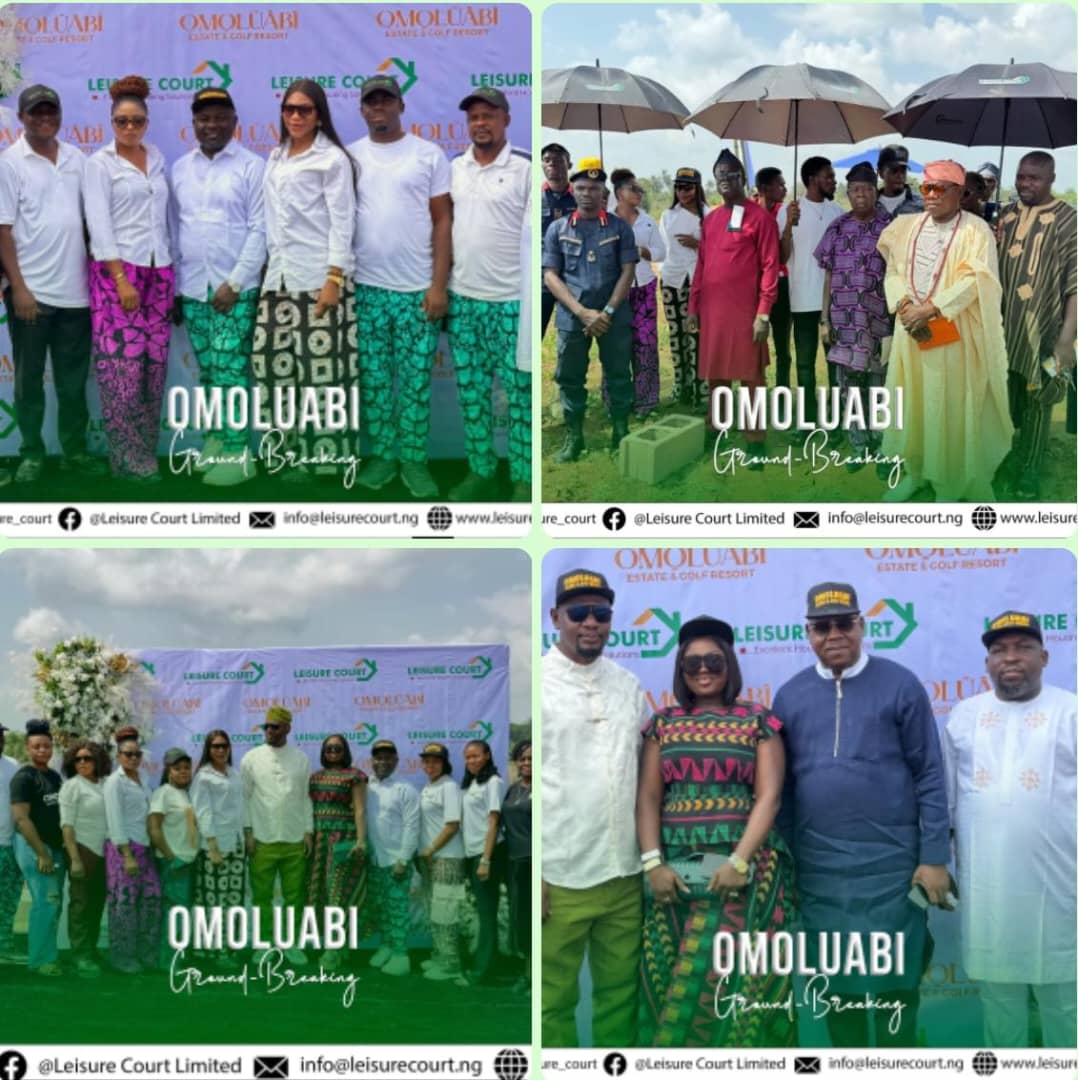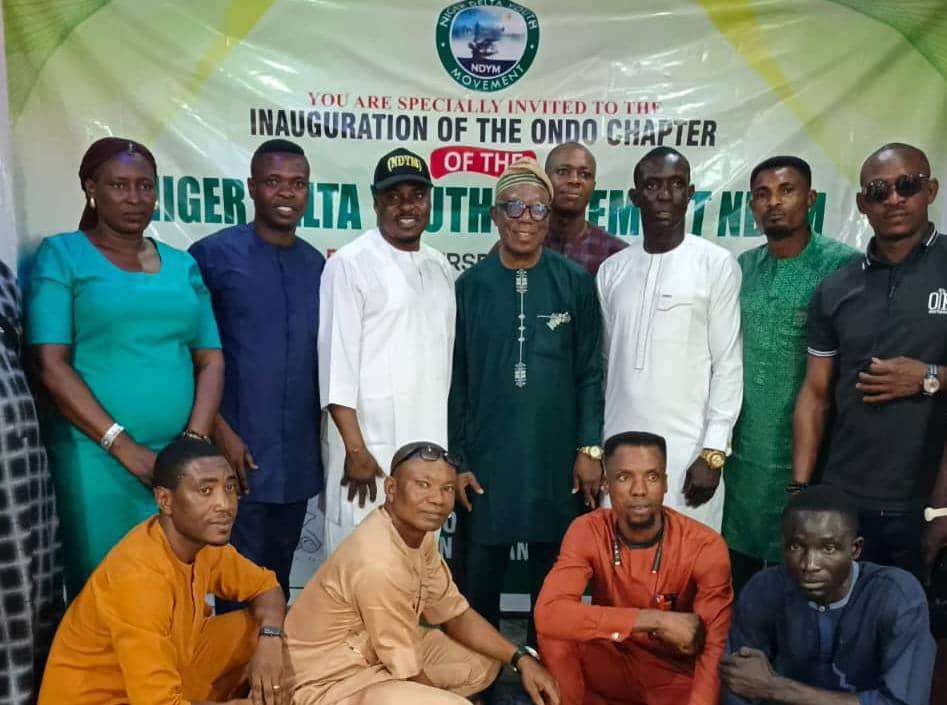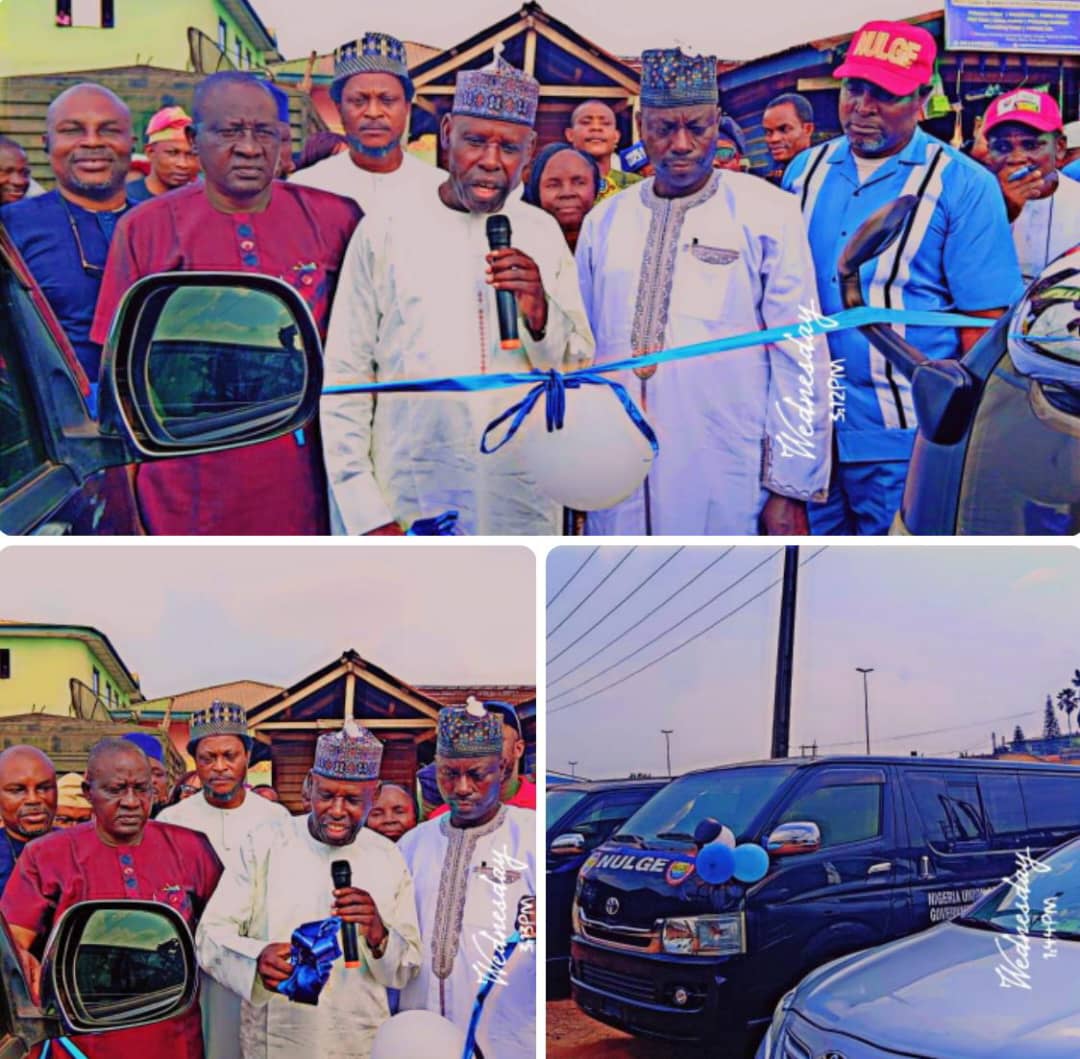The Human Rights Measurement Initiative, HRMI, a global project tracking human rights performance of countries, has scored Nigeria worse than average in Sub-Saharan Africa regarding Economic and Social Rights of its citizens in the recently released 2021 rights tracker.
The key focus areas under the Economic and Social Rights measured by HRMI are; access to food, health, housing and work, which fall within the ‘very bad’ range for Nigeria.
Reacting to Nigeria’s scores, HRMI on its website said, “if Nigeria were to operate at its full potential given its current resources, we would expect an additional 12 million children under five to grow well and not be stunted. If Nigeria were operating at best practice, we would expect an extra 3.6 million additional children to reach their fifth birthday.
“If Nigeria used its resources efficiently, an additional 122 million people could have access to basic sanitation and an extra 143 million people could have access to water on site. If Nigeria were operating at its full potential given its current resources, it could lift 118 million people out of absolute poverty.
“If Nigeria were using its resources effectively, an extra 9.3 million primary school aged children could be enrolled in primary school.”
In an interview with our correspondent, Thalia Rowden, Strategy and Communication Lead, HRMI explained that, “the low scores show that the Nigerian government have not used their power effectively over many years. Our data show that given its level of GDP per capita, Nigeria should be capable of achieving much more for its people, but it hasn’t.
Rowden added that, “our data don’t say exactly what has caused the low scores. In some countries it will be because of corruption, some it will be political ideology, some it will be ineffectiveness – some it will be a combination of all of those, and others.”
“Nigeria’s obligation under the International Covenant on Economic, Social, and Cultural rights is to devote the maximum available resources to the progressive realisation of people’s rights. Our data show that Nigeria should be able to achieve a lot more, given its current level of income,” she added.
Reacting to the plans of President Muhammadu Buhari’s administration to move 100 million people out of poverty in 10 years, Rowden said, “all change takes time, but what we know is that wealth is not what is constraining progress. The government should be able to make this progress with its current resources. It is worth asking the government why it would take 10 years to make this progress.”
Explaining the importance of measuring human rights matter, Anne-Marie Brook, Co-founder and Development Lead, HRMI said, “Leaders and other decision-makers already have lots of statistics on things like GDP growth. We want to make sure they also have robust data on how countries are treating people, so they can look at where things could be better and work towards making the changes that are needed.
“It’s hard for governments to know all the things they can be working on in the area of human rights if they don’t have accurate and consistent data that shine a light on both their successes and weaknesses,” she added.
To measure Economic and Social Rights, HRMI uses data from international databases and use econometric techniques to combine the data with each country’s level of income, to produce a score. The score, expressed as a percentage, shows how well a country is using its resources to produce good human rights outcomes.










